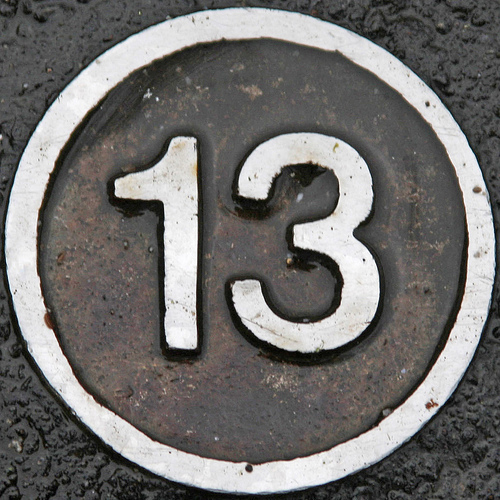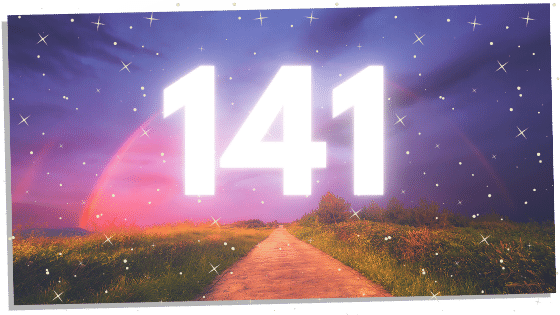
Update 1/21/22: Sheet music for this song is now available at gregscheer.com.
I’ve collaborated with Naaman Wood before and together we produced one of my favorite Psalm settings. So as I pushed ahead on my goal of setting the whole Psalter to music, I decided to get in touch with him to see if he’d be willing to write something new. After a bit of arm twisting, he produced a beautiful rendering of Psalm 2.
The great thing about Psalm 2 and Naaman’s version of it is that it untangles the claims of earthly and heavenly power. In a political climate where many believe God to be on their side–or that they’re fighting on behalf of God–this Psalm lets us know that our constant wrestling for power is all for naught. God, and only God, stands above us as the ultimate power. It is only in God that we can find true refuge.
1. The restless nations rage, and people plot in vain.
The earthly kingdoms fight against the Holy One.
You sit above us, Lord, and mock our foolish ways,
“A king I have enthroned upon my holy hill.”
2. You say unto the king, “Today you are my Son,
And I will give to you the nations of the earth.
Your iron rod will break the peoples of their rage,
And shatter all their plans like pots of earthenware.”
3. Be wise, be warned, you kings and powers of the earth.
Obey the Lord above and tremble at his word.
How blessed are all of us whose shelter is the Lord.






